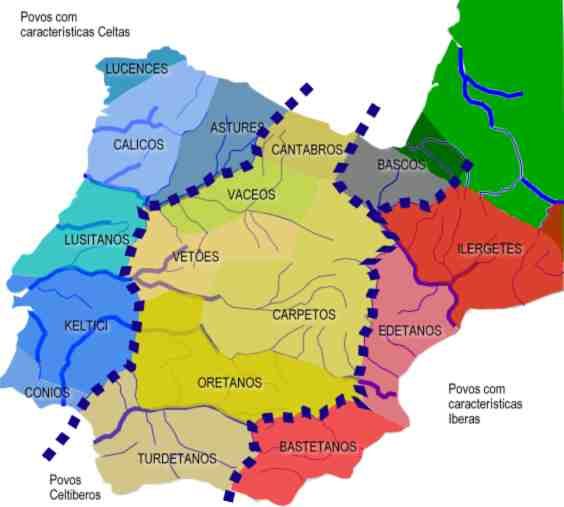Ref. To “Portuguese being less Latin than most other Latin peoples”
1 – Belgian
They have latin influences, especially in which concerns language, but they are what remains from the mixture between the Celts, and the Goths which have invaded Gaul. Their Latin heritage comes from the language, but many of their uses and ancestral characteristics are actually not Latin.
2 – French
Same thing, although here we must stress that France is another “invented nation”. Southern France doesn’t have much to do with Northern France. Brittany, or Bretagne, being an example.
In France, a strong centralizes state, starting in the 15th century resulted in a mixed stock, which only common thread was their ancestral connection with Rome and the Latin language. But the influences of the Romans in France were huge. Gaul was rich and, unlike western Iberia, it was in the centre of all routes, coming from Rome to Hispania, or to Britannia, thus the Roman influence grew stronger.
= = =
The Romans were not at all interested in the western part of Iberia.

This is a map of pre-roman Iberia, stressing that there were in fact Celts, Celt-iberian and Iberian peoples. They are different, and although there were connections between the various peoples, it is also true that archaeology shows that these peoples have always been extremely independent from each other. Pottery from the Iberians is identifiable from the Celts, and of course there are the Lusitanian which used Celt implements, but for some reason seemed to still use bronze, while other Celts used iron, leading to the conclusion that Lusitanian were not Iberian, were not Celtiberian, and were only partially Celtic.
Remember that the name Iberia was given by the Romans to identify the known coast of the Mediterranean. It was the land of the Iberians, but when Iberia was given a name, Romans had knowledge of Iberia, only from their contacts with the eastern part of the peninsula, in which is today the Spanish Mediterranean coast.
The rest was known as Iberia, but it was not inhabited by Iberians.
The Lusitanian in century II and I BC started attacking the Romans, and supported the Carthaginian against Rome, during the Punic wars (between Rome and Carthage). Rome’s revenge and pay back time came swiftly, but it took a long time to subdue western Iberia.
All this characteristics, resulted in a lesser influence of the roman culture, although such culture did impose itself, that is undeniable. Considering this, and considering that the Roman influence in northwest Iberia was less strong, that the Sweves took western Iberia and stressed that influence, and that the muslim influence was far shorter than in other regions, Portuguese and Galician are definitively amont the less Latin of Latin peoples. Actually, I have some doubts that French can apply as Latin at all. (Their tendency to surrender, you know) …

Regards